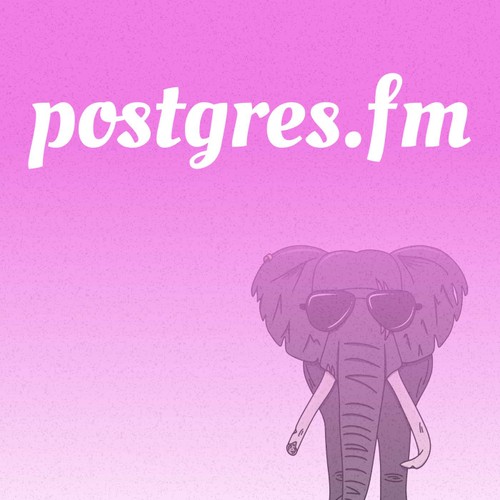
 Postgres FM
Postgres FM Postgres year in review 2022
Dec 30, 2022
The podcast discusses successful Postgres-related startups and their funding, as well as the growth of the Postgres ecosystem. They highlight new content sources like Postgres TV, Tobias Petry's tips, Hussein NASA's YouTube channel, and the Postgres weekly newsletter. The hosts delve into middleware options and the benefits of application side sharding. They explore the potential threat to Postgres and the concept of branching in databases, specifically in PostgreSQL. Lastly, they discuss the latest features in Postgres, serverless use cases, and the OOTP project for native database branching.
Chapters
Transcript
Episode notes
1 2 3 4 5
Introduction
00:00 • 3min
Postgres Ecosystem Growth and New Content
03:24 • 13min
Discussion on PG-CAD, Middleware, and Application Side Sharding
16:02 • 2min
The Threat to Postgres and the Concept of Branching
17:37 • 14min
Smaller Features, Serverless Use Cases, and Native Database Branching in Postgres
31:19 • 2min
